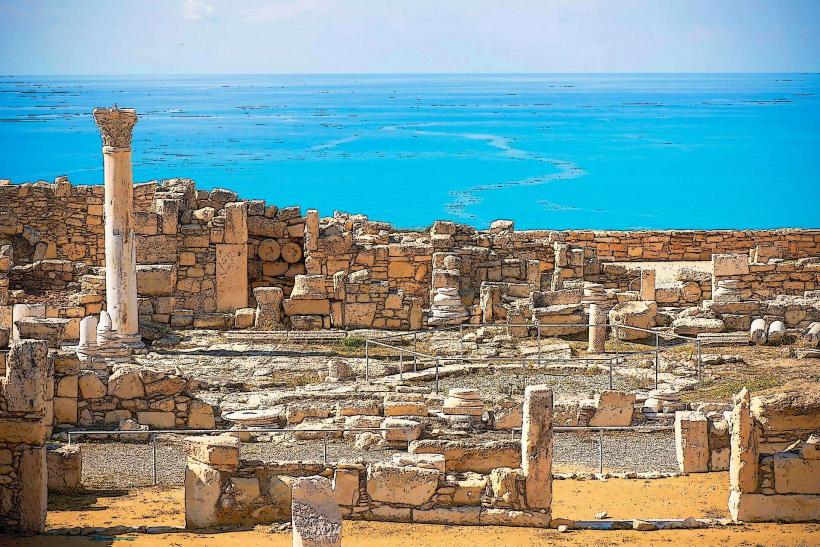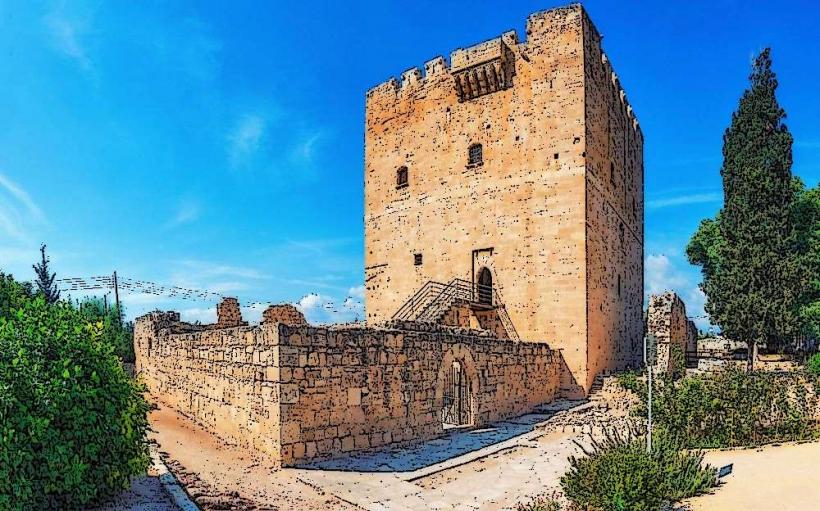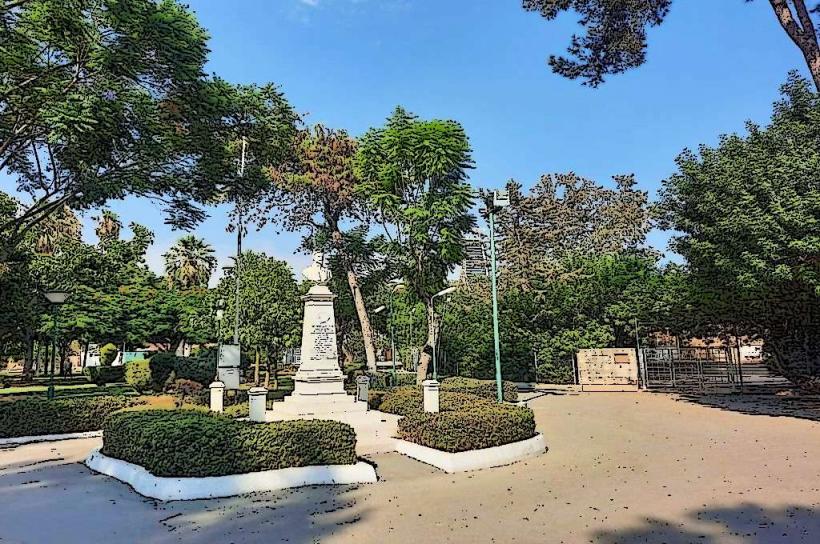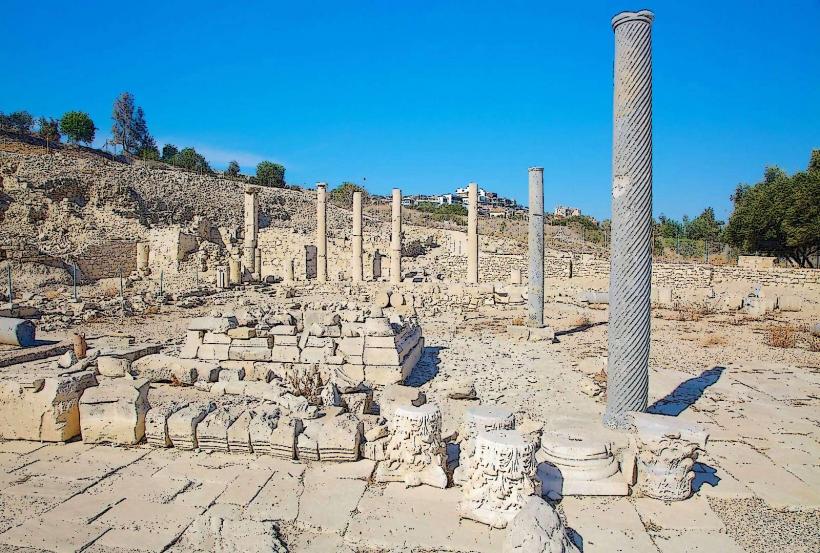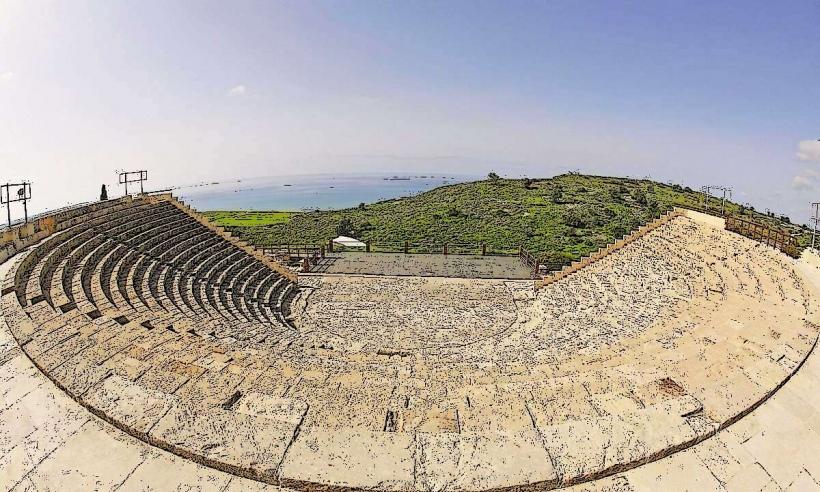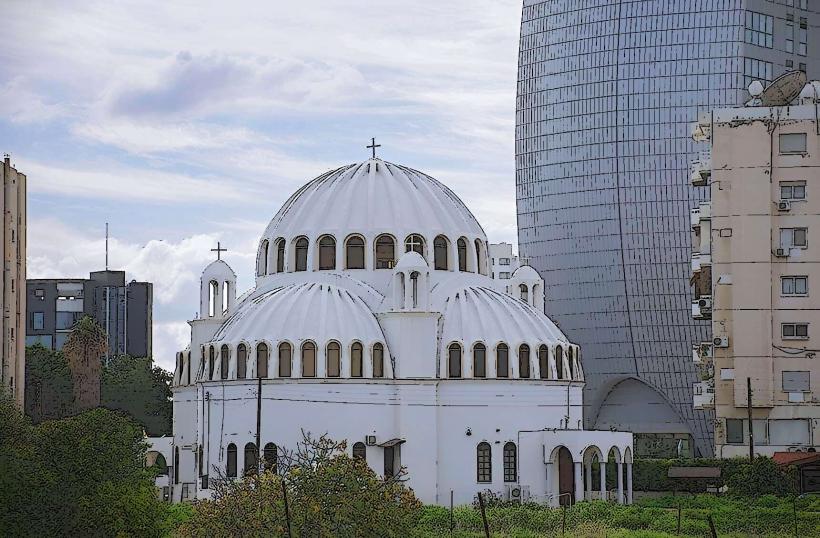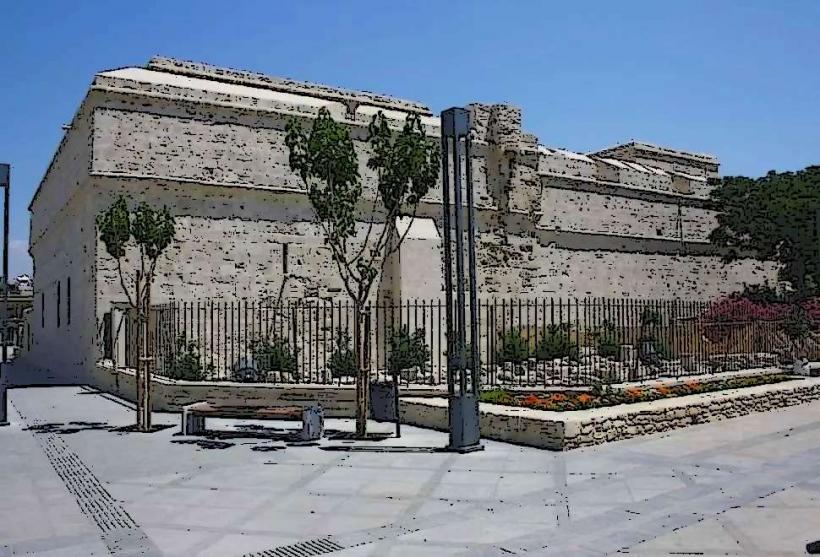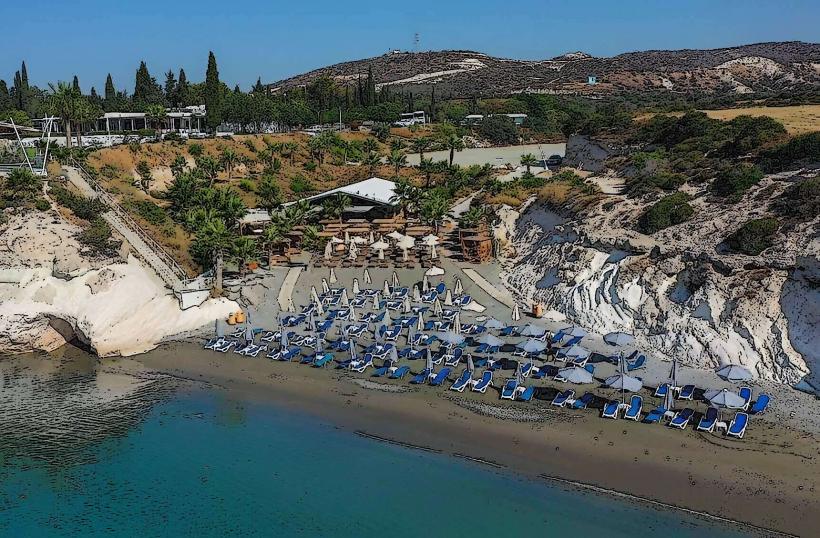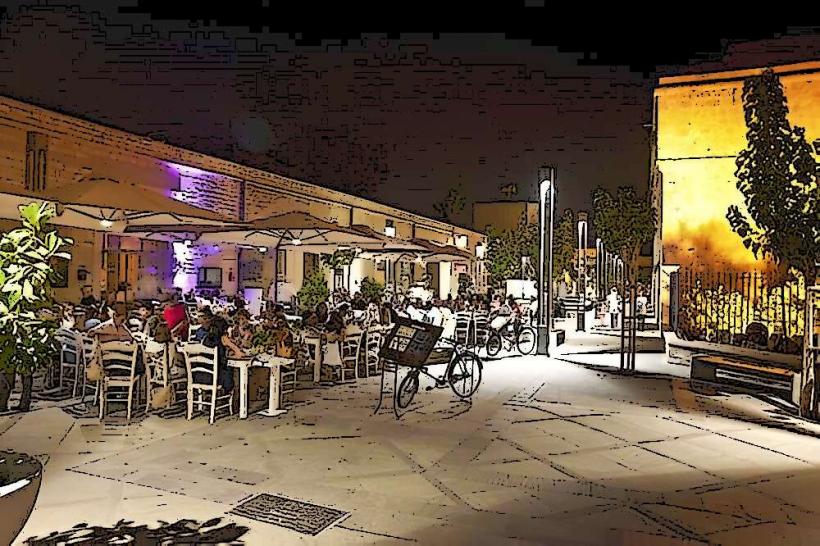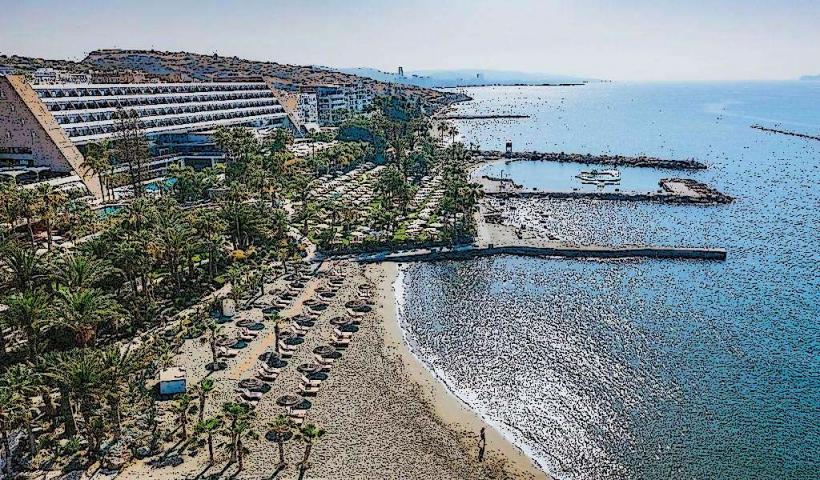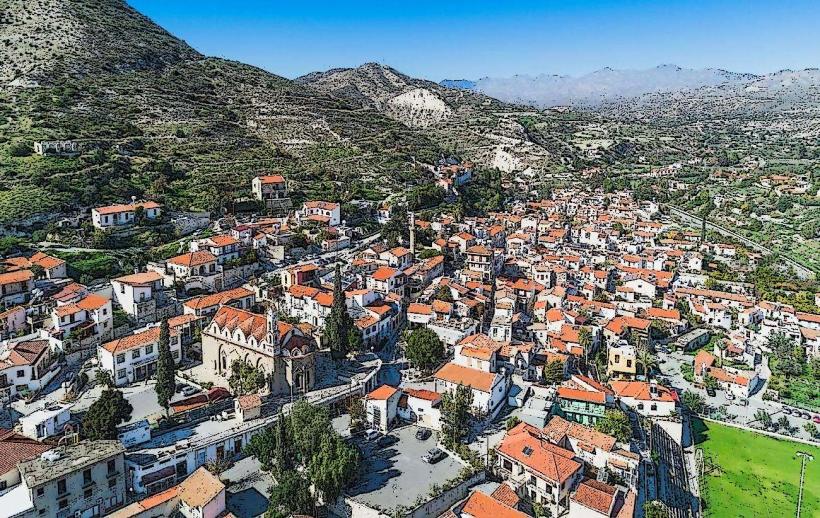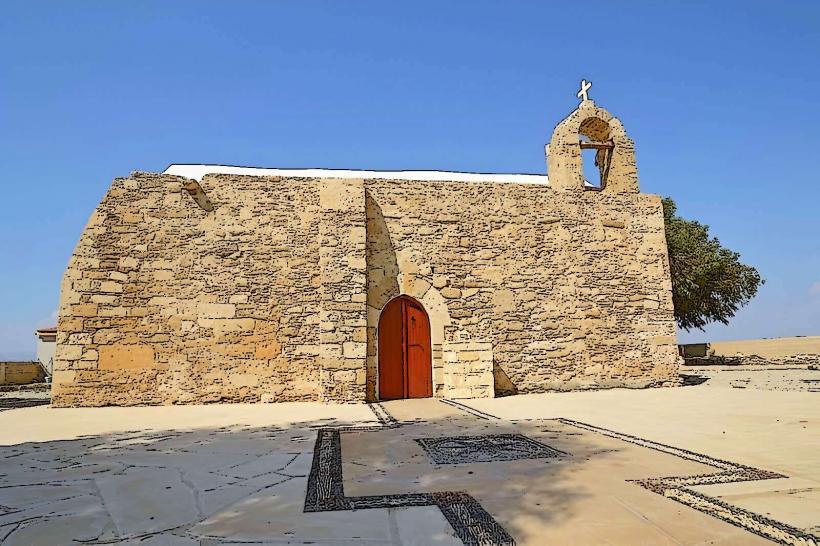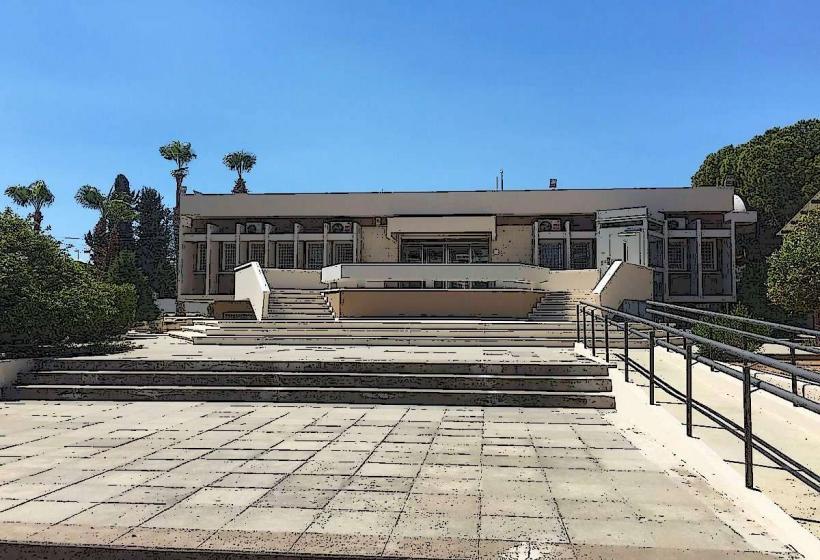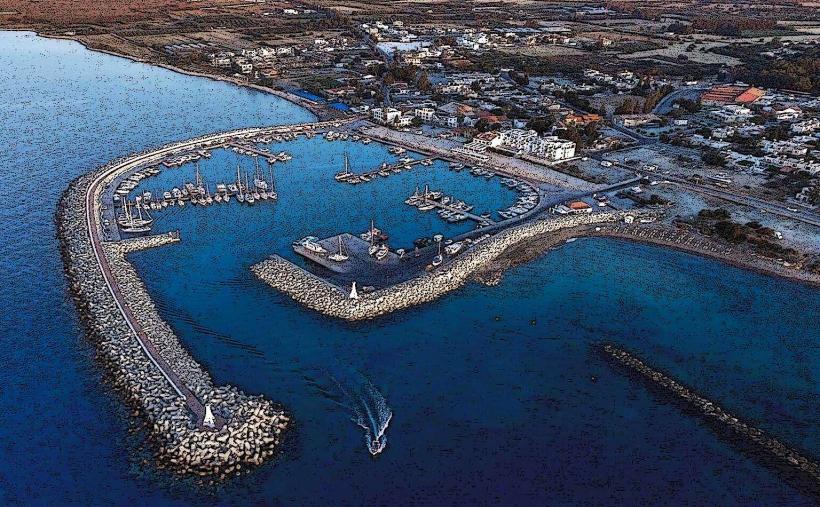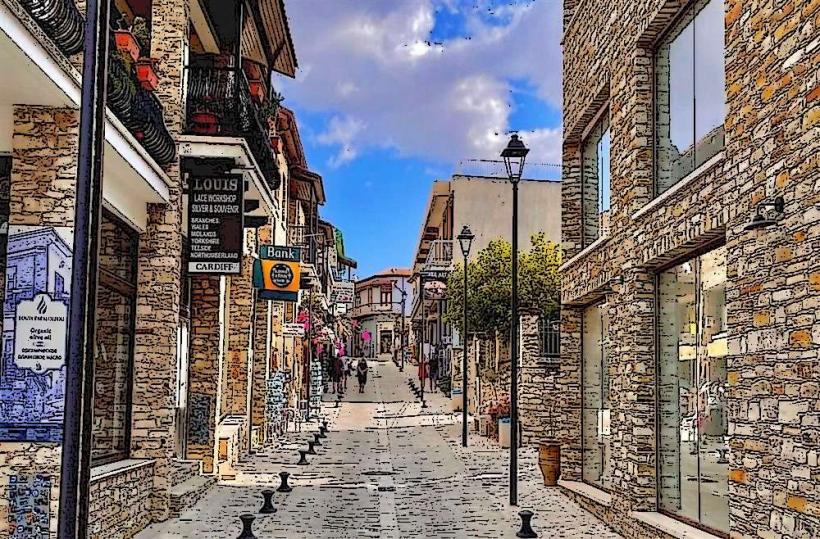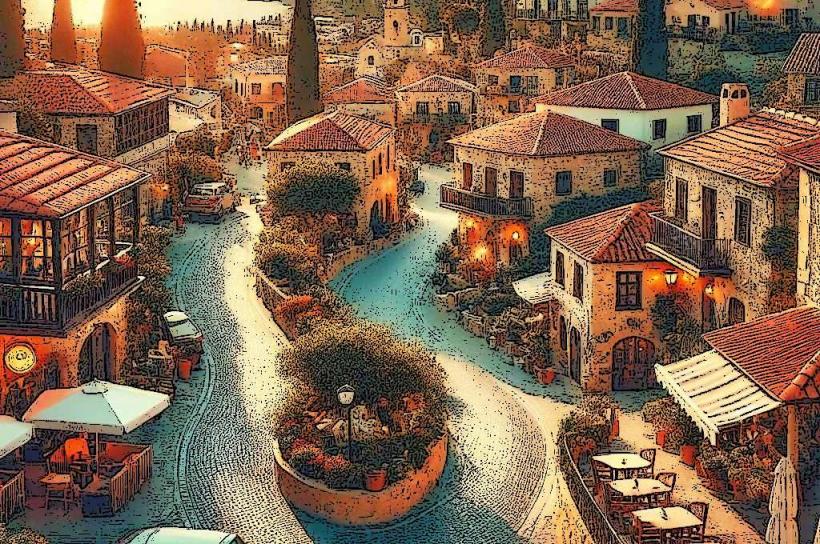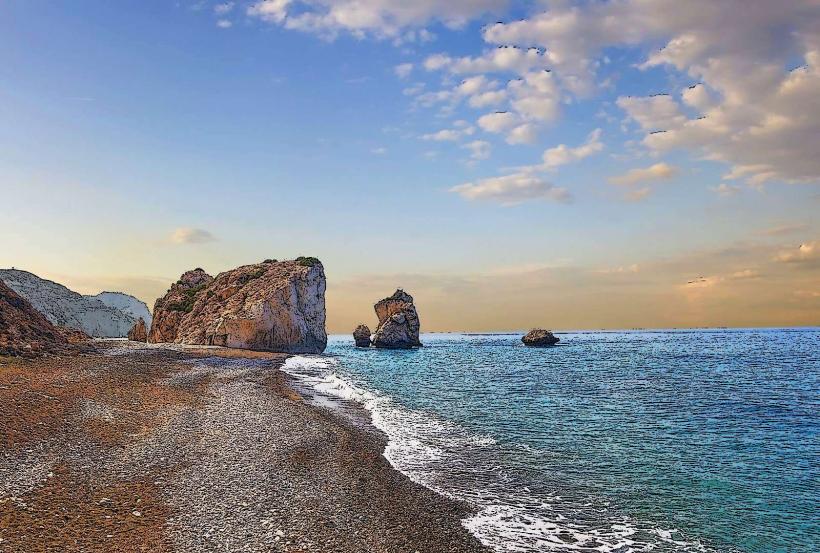Information
Landmark: Limassol CastleCity: Limassol
Country: Cyprus
Continent: Europe
Limassol Castle, Limassol, Cyprus, Europe
Limassol Castle is a medieval fortress located in the old city center of Limassol, Cyprus. It currently houses the Cyprus Medieval Museum.
Visual Characteristics
Constructed primarily from local limestone, the castle exhibits a rectangular plan with a central courtyard. Its walls are a weathered light brown, reaching approximately 15 meters in height at the main keep. The architecture reflects a blend of Frankish, Venetian, and Ottoman influences, characterized by robust, unadorned masonry with a prominent central tower.
Location & Access Logistics
The castle is situated in the heart of Limassol's old town, approximately 1km west of the Limassol Marina. Access is primarily via Richard and Berengaria Street. Limited street parking is available on surrounding roads, but public parking lots are located within 500 meters, such as the one near the Old Port. Bus lines 30 and 13 operate routes with stops within a 5-minute walk of the castle.
Historical & Ecological Origin
The current structure dates primarily to the Ottoman period, rebuilt around 1590 on the foundations of an earlier Byzantine castle. Archaeological evidence suggests a basilica existed on the site as early as the 4th century AD. The castle's original purpose was defensive and administrative, later serving as a prison during British rule.
Key Highlights & Activities
Visitors can explore the castle's various levels, including the dungeon and the upper floors. The Cyprus Medieval Museum exhibits pottery, tombstones, armor, and coins from the Byzantine to Ottoman periods. Information panels provide historical context for each exhibit.
Infrastructure & Amenities
Restrooms are available on the ground floor. The interior of the castle offers limited shade, primarily within the museum rooms. Cell phone signal (4G/5G) is consistently available throughout the site. Several cafes and restaurants are located directly adjacent to the castle in the old town.
Best Time to Visit
The castle is best visited during the cooler months from October to April to avoid high summer temperatures. Morning hours, between 9:00 and 11:00, offer optimal natural light for photography of the exterior facade. No specific tide requirements apply.
Facts & Legends
According to tradition, Richard the Lionheart married Berengaria of Navarre and crowned her Queen of England at a chapel on this site in 1191, during the Third Crusade. A local legend suggests a secret tunnel once connected the castle to the sea, used for escape during sieges.
Nearby Landmarks
- Limassol Marina: 1km West
- Old Port Limassol: 0.3km South
- Grand Mosque (Kebir Mosque): 0.2km East
- Agia Napa Cathedral: 0.7km North

